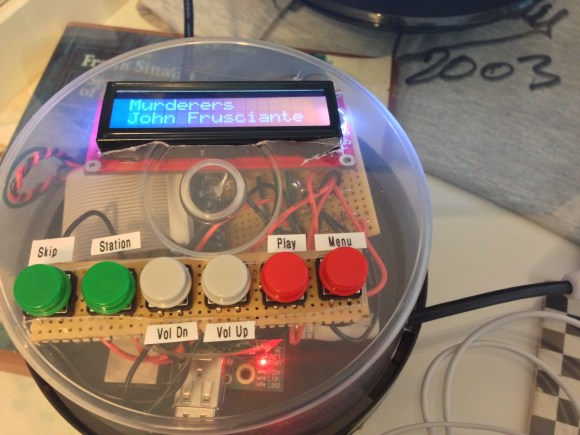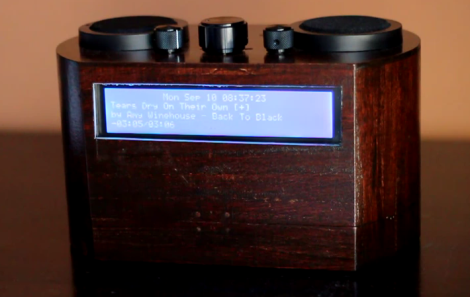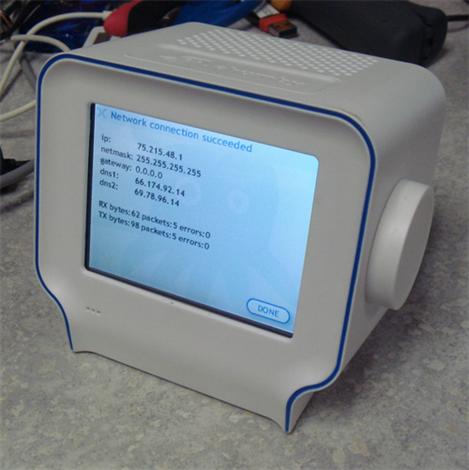 [Steven] likes music. Like many of us, he uses Pandora to enjoy the familiar and to discover new music. Now, Pandora means well, but she gets it wrong sometimes. [Steven] has had a Mindwave Mobile EEG headset lying around for a while and decided to put it to good use. With the aid of a Raspberry Pi and a bluetooth module, he built a brainwave-controlled Pandora track advancing system.
[Steven] likes music. Like many of us, he uses Pandora to enjoy the familiar and to discover new music. Now, Pandora means well, but she gets it wrong sometimes. [Steven] has had a Mindwave Mobile EEG headset lying around for a while and decided to put it to good use. With the aid of a Raspberry Pi and a bluetooth module, he built a brainwave-controlled Pandora track advancing system.
The idea is to recognize that you dislike a song based on your brainwaves. The Mindwave gives data for many different brainwaves as well as approximating your attention and meditation levels. Since [Steven] isn’t well-versed in brainwavery, he used Bayesian estimation to generate two multivariate Gaussian models. One represents good music, and the other represents bad music. The resulting algorithm is about 70% accurate, so [Steven]’s Python script waits for four “bad music” estimations in a row before advancing the track.
[Steven] streams Pandora through pianobar and has a modified version of the control-pianobar script in his GitHub repo. His script will also alert you if the headset isn’t getting good skin contact, a variable that the Mindwave reports on a scale of 0 to 200.
Stick around for a demo of [Steven] controlling Pandora with his mind. If you don’t have an EEG headset, you can still control Pandora with a Pi, pianobar, and some nice clicky buttons.
Continue reading “Thumbs-Down Songs On Pandora With Your Mind”















